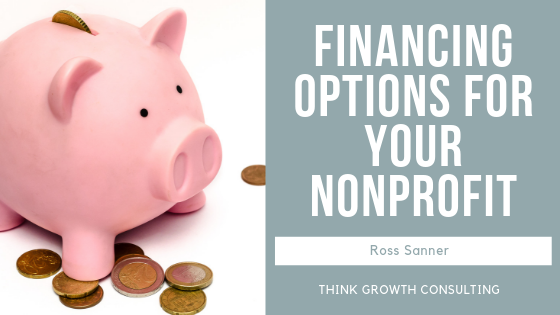Finding funding for a nonprofit is much different than funding a for-profit business. While for-profit organizations will look into funding through angel investors and venture capitalists, those investors do not help fund nonprofits.
Nonprofit organizations rely on financial contributions to fund their day-to-day operations and special programs and projects they create or host. Fundraising is a vital part of the survival and growth of a nonprofit, and the organizations often have to take advantage of creative financing for their nonprofit.
Individual Donors
One of the biggest ways a nonprofit is funded is through individual donors. While an individual donation is often on the smaller side, the donation is coming because the individual donating was sold on the effectiveness and the impact the nonprofit has on the community. Successful nonprofits often seek ways to better their relationships with individual donors in their community by offering services and advocacy at a grassroots level. They can often turn their donors into lifelong partners and give them the chance to be actively involved in the organization’s mission.
Government Aid
Nonprofits can receive funding through federal and state government grants that can help them fund a wide range of services. The process for applying for government funds can be lengthy, and once the nonprofit is approved, they might have to submit regular audits about their finances and operations to be able to receive additional funds in the future.
Institutional Donors
Nonprofit organizations that grant money to individuals or small businesses and entrepreneurs look for funding from larger sources who can offer them long-term income. Religious organizations and churches are often a huge source of funding for nonprofits who help with humanitarian missions. Whether it is a very large one-time donation or donations over a long period, this type of funding can often be hard to find, but once acquired, will have a lasting impact on the organization.
Board Contributions
Sometimes smaller nonprofit organizations look to board members for contributions. Board members are more likely to be more committed to a nonprofit’s mission and show an interest in its success. The often will hold seats on the organizations’ board and give their guidance to help the organization grow. Board contributions can also offer a nonprofit and early boost and give them a variety of other options and resources they will be able to use in the future.

